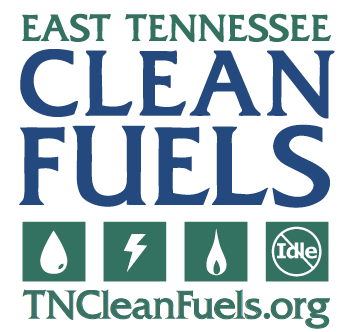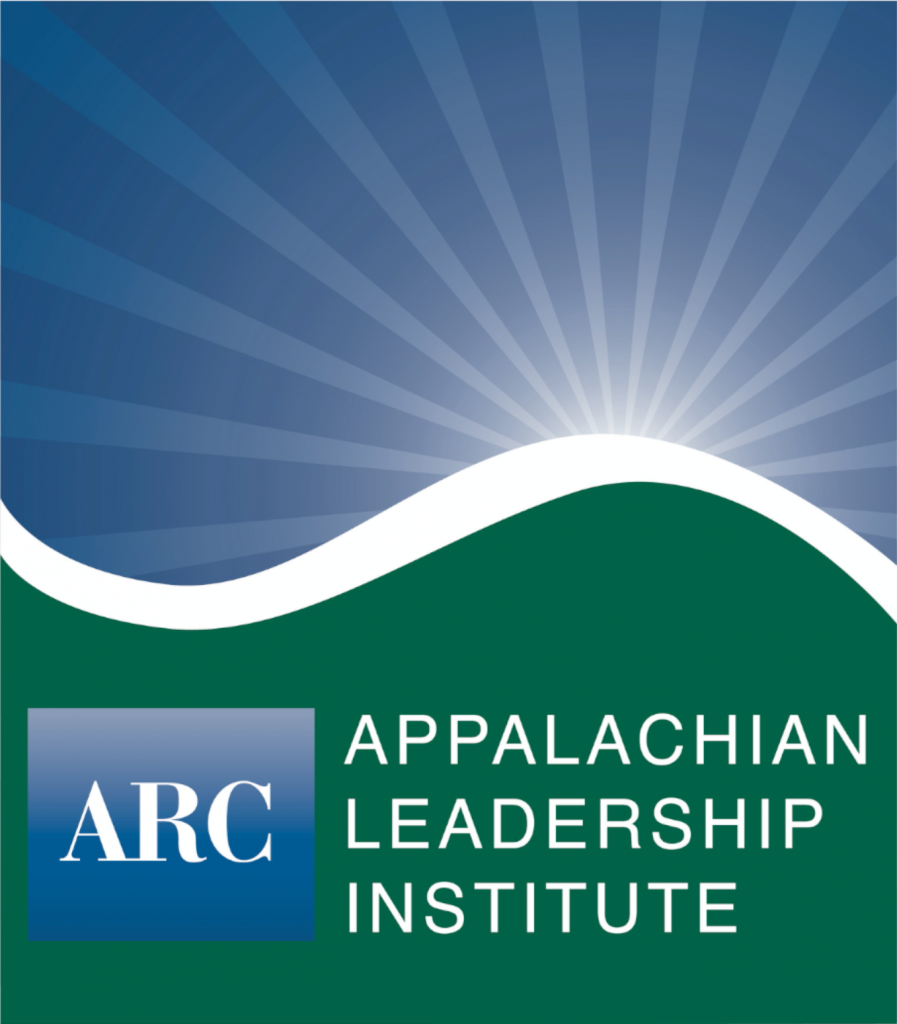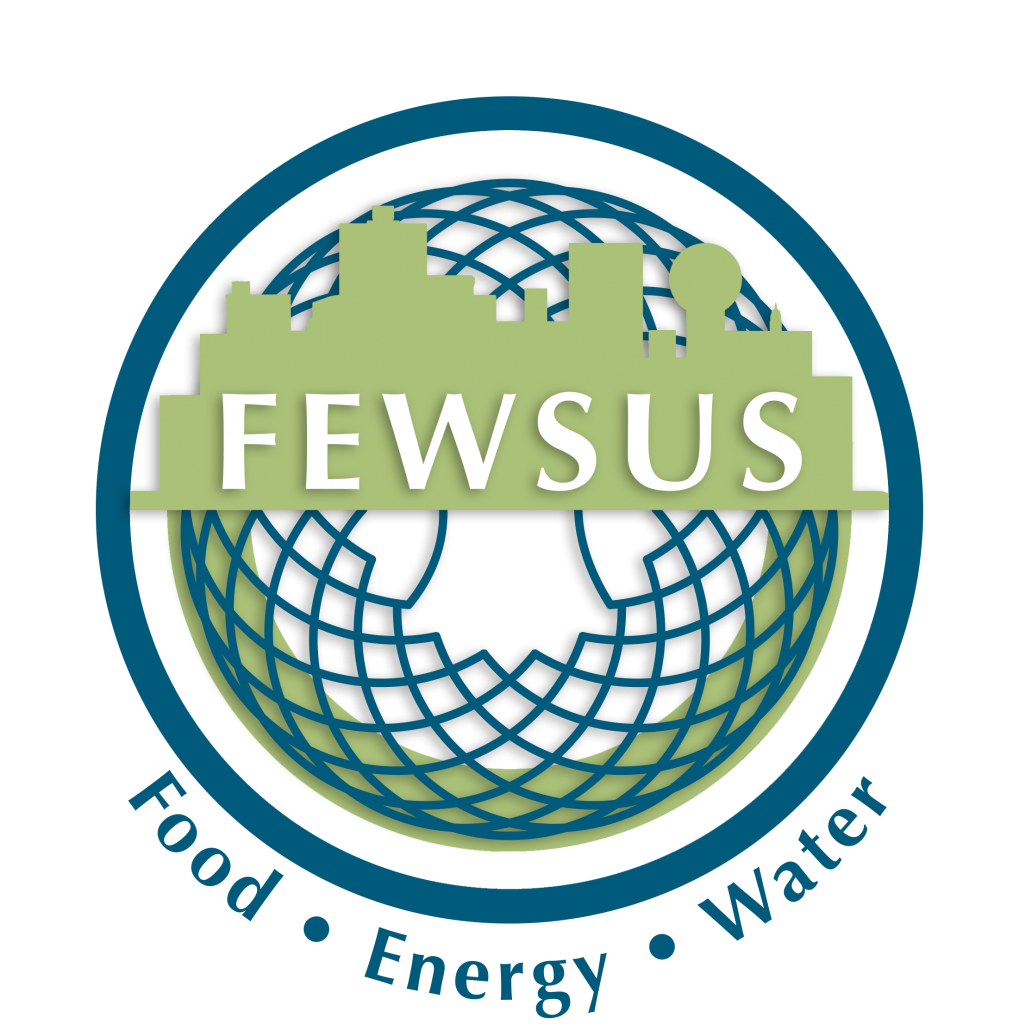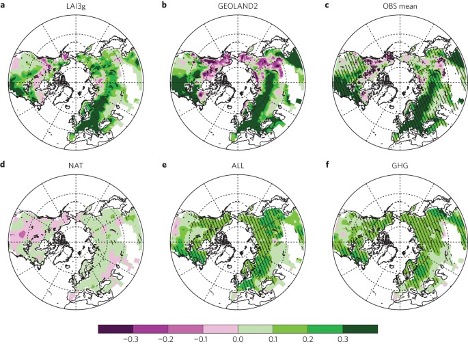
The Tennessee Water Resources Research Center (TNWRRC) is a federally designated state research institute supported in part by the U.S. Geological Survey. It serves as a primary link among water-resource experts in academia, government, and the private sector. Our staff have highly diverse backgrounds and their areas of expertise enhance flexibility, thus positioning the Center to establish productive partnerships. TNWRRC is housed within the Institute for a Secure and Sustainable Environment (ISSE) at the University of Tennessee.

ETISE promotes the integration of smart manufacturing for energy management through technical assistance and workforce training. Its goal is to create a regional model for technical assistance and workforce training to integrate smart manufacturing in energy management systems into energy-related business practices. The resulting regional model could be applied by the US Department of Energy (DOE) to other regions to enhance the national goals of reducing manufacturing energy consumption and carbon emissions.

The mission of East Tennessee CleanFuels is to increase the use of cleaner American fuels and vehicles and energy-saving transportation technologies to improve air quality and health, curb dependence on imported petroleum and support Tennessee’s economy. More specifically, we work to implement alt fuel projects in East Tennessee and work to make ETCleanFuels a sustainable coalition of involved participants from across East Tennessee. We serve as fleet guides to navigate alternative fuels and advanced vehicle technologies in the 21st century. ETCleanFuels is a nonprofit and a designated participant in U.S. DOE’s Clean Cities Program.

DriveElectricTN promotes the adoption of electric vehicles for fleets and individuals across Tennessee with a goal of getting 200,000 EVs on TN’s roads by 2028. An autonomous program of TNCleanFuels, DriveElectricTN is supported by 60+ stakeholders from across Tennessee and the United States, with focus areas such as EV Awareness, EV Policies & Program, and EV Infrastructure intended to achieve precise, targeted development goals for electric vehicles in our state.

Appalachian Leadership Institute is a comprehensive leadership and economic development training opportunity for people who live or work in Appalachia and are passionate about helping their communities thrive. Appalachian Leadership Institute Fellows participate in an extensive training curriculum developed by the Appalachian Regional Commission in partnership with the University of Tennessee, Knoxville; The Howard H. Baker Jr. Center for Public Policy; Tuskegee University; and Collective Impact.

FEWSUS stands for International Research Coordination Network to Create Transdisciplinary Nodes of Food-Energy-Water to Support Sustainable Urban Systems. FEWSUS is funded by the US National Science Foundation. The grant, awarded to faculty and scientists at the University of Tennessee and Oak Ridge National Laboratory, supports the development of an International Research Coordination Network, designed to facilitate transdisciplinary, multinational communications and accelerate the development and transfer of multisectoral data, standards, analysis tools, new technologies, and a trained workforce among differently urbanized countries.

Climate change is one of the most critical challenges faced by humans and our planet. Researchers at ISSE, working closely with the Climate Change Science Institute at Oak Ridge National Lab, are advancing our understanding of climate change and its impacts on human and natural systems. We use Earth system modeling, integrated ground and remote sensing observations, and advanced data analytical tools to study climate change and its effects on water availability, soil moisture, wildfires, and vegetation. Team members are Drs. Yaoping Yao, Yulong Zhang, Jiafu Mao, Joshua Fu, Mingzhou Jin.

ISSE’s Energy and Environmental Justice (EEJ) research area is dedicated to interdisciplinary exploration into social justice, clean energy, accessibility to renewable resources, and infrastructure resilience. Dr. Chien-fei Chen directs this research effort. EEJ’s team of experts examine social-psychological and policy factors that influence energy and environmental justice, particularly in water systems, built environment, energy efficiency, microgrids, electric vehicles, and solar technology adoption. EEJ’s practical research initiatives empower academics, communities, utilities, and policymakers alike, fostering a shared commitment to equitable access to clean energy and a sustainable future.

FERSC is a Tier 1 University Transportation Center consortium led by the University of Tennessee, Knoxville. Its focus is the Infrastructure Investment and Jobs Act (IIJA)’s research priority, Improving Mobility of People and Goods as its primary area. The consortium supports the DOT Strategic Goals of Economic Strength and Global Competitiveness as the primary focus and Equity and Transformation as the secondaries. FERSC Partners are University of Tennessee, University of Illinois Chicago, Oregon State University, California State University Long Beach, North Carolina A&T, and Texas A&M University.
